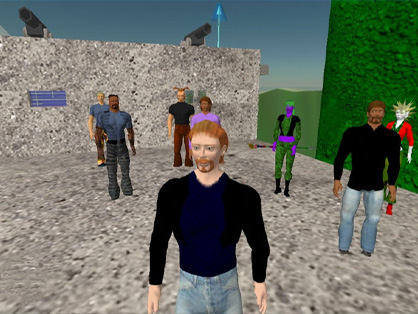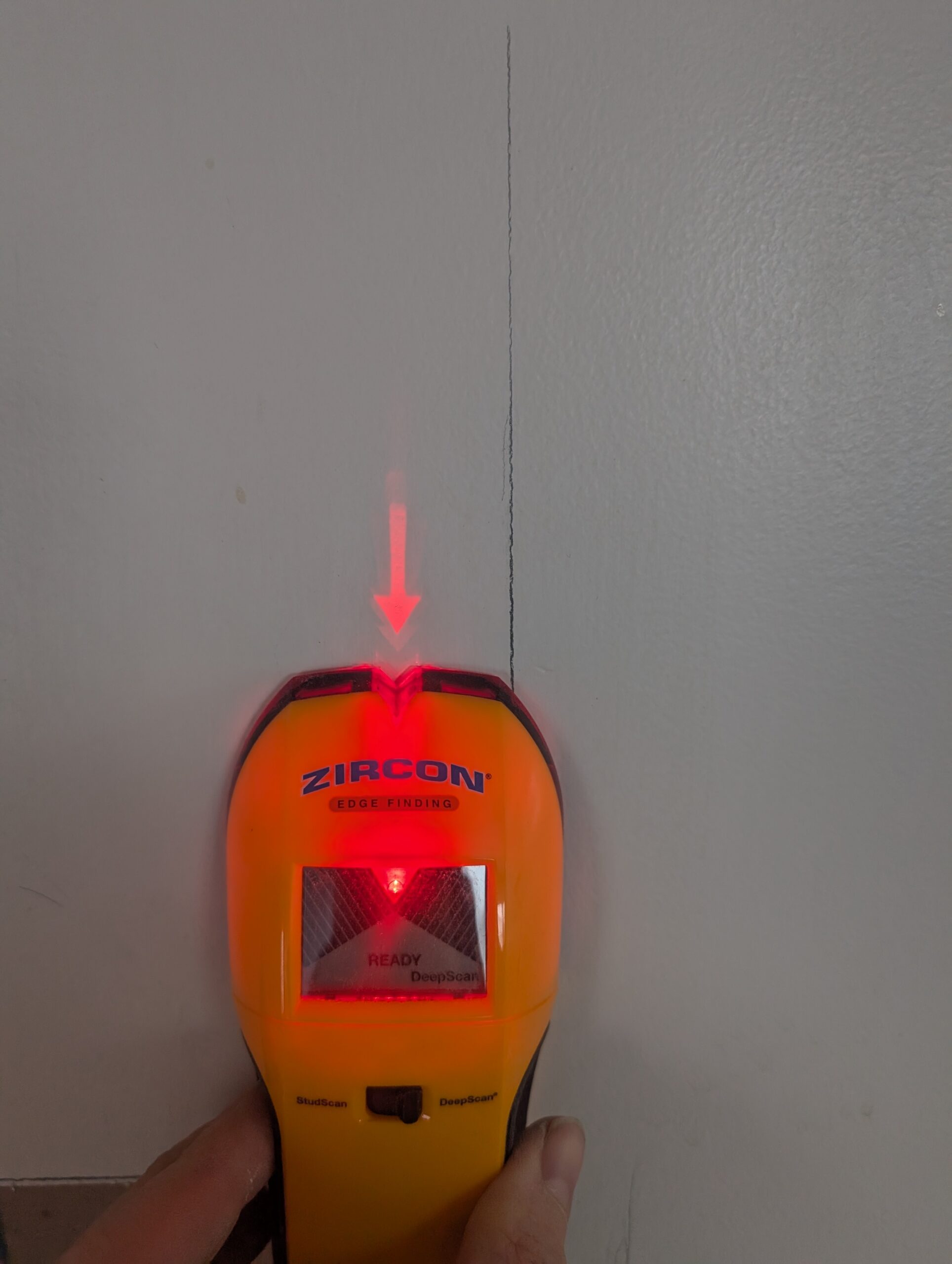It was just over a year ago that the social networking juggernaut Facebook changed its name to Meta, ushering in the latest iteration of annoying tech buzzwords, as it described its ambitions to enter the “Metaverse”. Since that day, there has been a ton of discussion on what the Metaverse is, what it means, and whether it’s the “next big thing”. I’m here to argue that most of the discussions have missed the mark, and in fact, the Metaverse as described doesn’t even exist at this point. Take a seat, and let’s dig in.
All the buzz
So, what was actually announced that resulted in putting the entire tech industry into a frenzy? Well, that’s where it gets a little bit muddy. Depending on who you ask, and how they interpreted the presentation, you’ll get a variety of responses ranging from a bona fide product with actual screenshots, to a vague high level corporate strategy announcement with no tangible product behind it (I find myself closer to the latter group).
The problem is that Meta never announced an actual product per se, but rather a “platform”. You see, the Metaverse as we know it isn’t an app, or website as we traditionally understand. It’s a wholesale replacement of the World Wide Web that has been the de facto internet experience since the early 90s.

How many times have you seen this (admittedly hilarious) picture in articles about the Metaverse?
Look, I’m not a Meta apologist. I agree with most of the criticisms that have been thrown at them for the past several years. I do however think that they were misunderstood, admittedly by their own doing. By making references to the existing Oculus headsets, and Horizon Worlds app, many people understandably interpreted the Metaverse as a simple expansion of existing VR hardware and apps. This is totally not the case, and Meta walked into a PR trap by not realizing how their far-reaching announcement would be interpreted.
The naysayers
As soon as Meta’s October 2021 presentation concluded, the internet was swarmed criticisms and attacks against Meta’s interpretation of the Metaverse. Second Life, a massively multiplayer online experience…thing, was often used as an example of a “Metaverse” that launched years prior. As is often the case however, many critics were pedantic at the expense of offering any true insight. Some took the even baser approach of poking fun at the simple 3D avatar that was meant to portray Mark Zuckerberg at the presentation.

If you’re one of the people that criticizes Meta by pointing out that Second Life launched in 2003, you’re entirely missing the point.
All of these simple criticisms were missing the point, however. There are many concerns that need to be unpacked, not the least of which is the risk of handing control over the next generation of internet standards and protocols to the hands of a morally bankrupt advertising conglomerate. The question of whether the Metaverse exists already though, or who invented it first, is an unproductive discussion. Technology continually builds upon itself in an ever-marching progression. Trying to trace the origin of a technological concept is as futile as it is irrelevant.
So, what is it then?
So, what is the Metaverse then? Simply put, we’re not entirely sure yet.
Ok, I know that’s a deeply unsatisfying answer so let me elaborate. The progression of web technology is reaching an inflection point, and similar to Moore’s law, we are beginning to see diminishing returns in terms of the iterative improvements being made to web standards such as HTML, CSS, JS, etc.
In order to bring the Web into the next era to come, we must begin to build a new foundation of protocols and standards. The general consensus is that these standards will include methods of representing 3D environments, including VR enabled environments. Whatever comes from the next several years of building new protocols and standard, as well as the progression of internet infrastructure, including 5G, will ultimately become the Metaverse, whatever that happens to be.
How we choose to get there, whether it’s with a giant advertising conglomerate at the helm, or an open community of developers, is entirely up to us.










